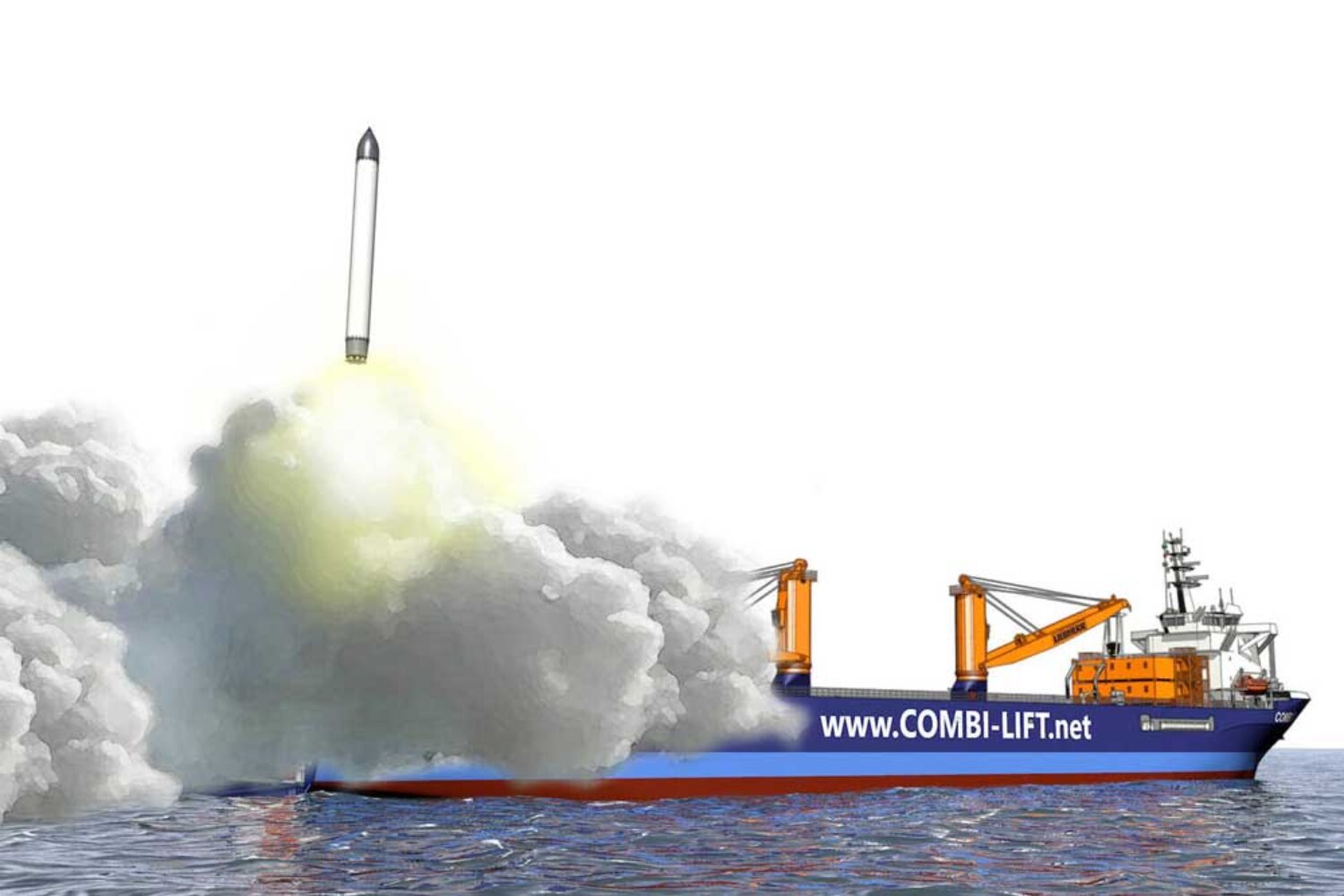The Harren Group and the space company OHB are receiving almost €1 million from the federal government for the development of a mobile rocket launch pad.
The platform is intended to enable the launch of small carrier rockets from ships. The funding decision for the “Oslios” project (offshore spaceport solution and infrastructure development for orbital launches) has now been handed over in Berlin.
This has now been reported by the Weser-Kurier. “With Oslios, we want to promote and strengthen Europe’s independent access to space,” OHB board member Sabine von der Recke is quoted as saying. The plan is to create an easily accessible, flexible and cost-effective platform.
Bremen-based space technology company OHB is currently developing such a platform together with the Harren Group, Media Mobil and the DLR Institute of Flight Guidance. The federal government is funding the project, which costs around €1.5 million, with just under €900,000.
The Federal Ministry of Economics has often taken a critical view of the offshore spaceport project in the North Sea. Now, however, State Secretary for Transport Stefan Schnorr emphasized at the handover: “Space is an important future market with great economic potential, also for the German economy.” The demand for satellites and the importance of the industry will continue to increase.
Rockets to take off from heavy lift ship
At the heart of Oslios is a modular and reusable ramp that enables launches of small launchers (micro-launchers) – from the North Sea, but also from other locations in Europe and around the world. The ramp is to be installed on board the Harren Group’s heavy-lift vessels.
Plans to this effect have been in place for a good four years. An initial test was due to take place last summer – still without the mobile launch pad and with small sounding rockets that do not reach Earth orbit. However, the test had to be canceled because not all the necessary approvals had been obtained at the time.
So far, only the well-known spaceports in the USA, Russia/Kazakhstan and Kourou (French Guiana) have been available for European missions. By 2028 alone, almost 10,000 satellites will be launched into space worldwide, 86% of which will be small satellites.













